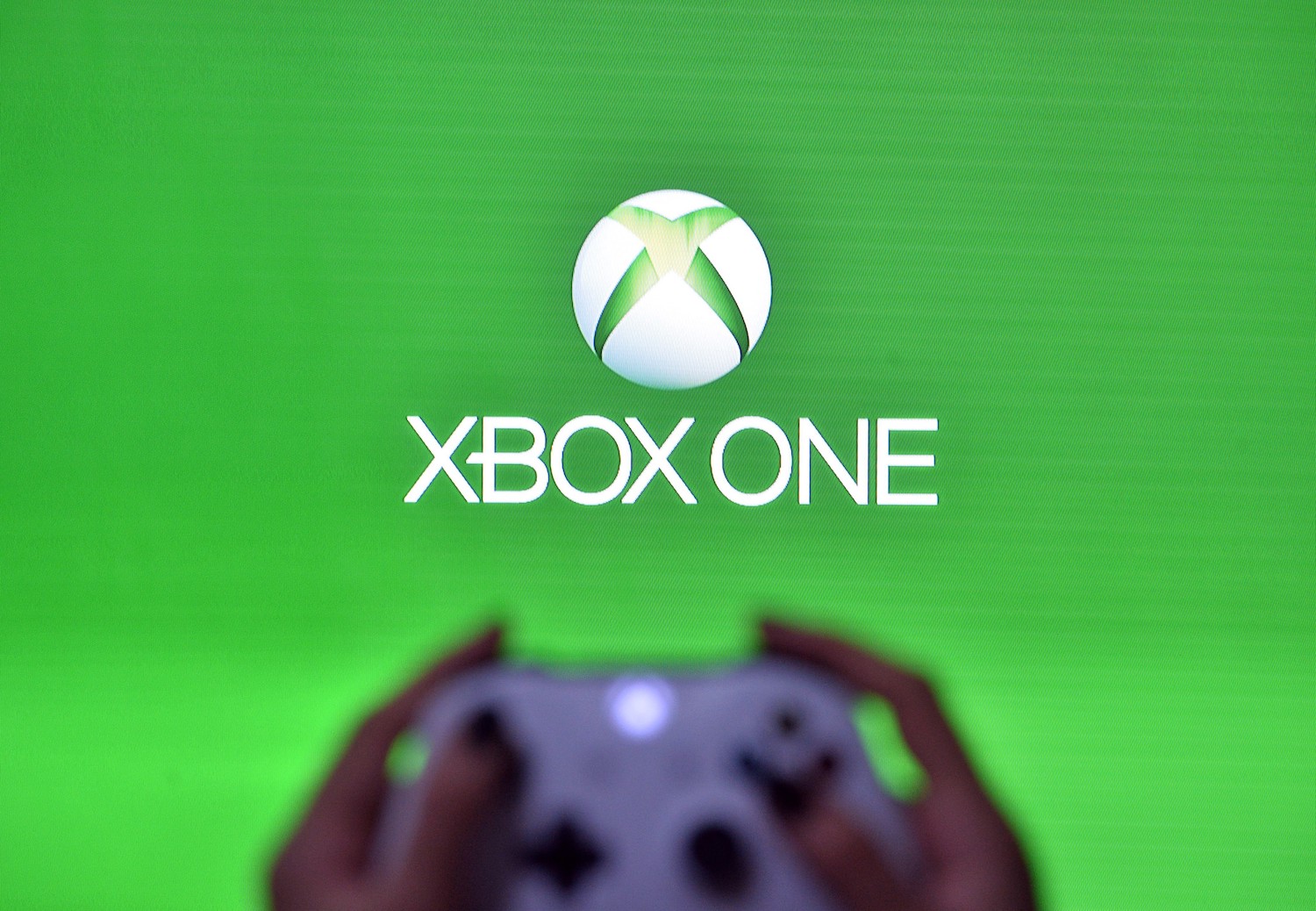Microsoft Contractors Listened to Xbox Owners in Their Homes

Credit to Author: Joseph Cox| Date: Wed, 21 Aug 2019 19:47:39 +0000
Contractors working for Microsoft have listened to audio of Xbox users speaking in their homes in order to improve the console’s voice command features, Motherboard has learned. The audio was supposed to be captured following a voice command like “Xbox” or “Hey Cortana,” but contractors said that recordings were sometimes triggered and recorded by mistake.
The news is the latest in a string of revelations that show contractors working on behalf of Microsoft listen to audio captured by several of its products. Motherboard previously reported that human contractors were listening to some Skype calls as well as audio recorded by Cortana, Microsoft’s Siri-like virtual assistant.
“Xbox commands came up first as a bit of an outlier and then became about half of what we did before becoming most of what we did,” one former contractor who worked on behalf of Microsoft told Motherboard. Motherboard granted multiple sources in this story anonymity as they had signed non-disclosure agreements.
The former contractor said they worked on Xbox audio data from 2014 to 2015, before Cortana was implemented into the console in 2016. When it launched in November 2013, the Xbox One had the capability to be controlled via voice commands with the Kinect system.
Do you work as a contractor or employee for a tech giant? Did you used to? We’d love to hear from you. You can contact Joseph Cox securely on Signal on +44 20 8133 5190, Wickr on josephcox, OTR chat on jfcox@jabber.ccc.de, or email joseph.cox@vice.com.
Straight away, some users and commentators were concerned with the idea of Kinect listening to Xbox users, waiting for commands such as “Xbox on.” Microsoft said in a statement at the time “Kinect for Xbox 360 was designed and built with strong privacy protections in place and the new Kinect will continue this commitment.”
The former contractor said most of the voices they heard were of children.
“The Xbox stuff was actually a bit of a welcome respite, honestly. It was frequently the same games. Same DLCs. Same types of commands,” they added. “‘Xbox give me all the games for free’ or ‘Xbox download [newest Minecraft skins pack]’ or whatever,” they added. The former contractor was paid $10 an hour for their work, according to an employment document shared with Motherboard.
And that listening continued as the Xbox moved from using Kinect for voice commands over to Cortana. A current contractor provided a document that describes how workers should work with different types of Cortana audio, including commands given to control an Xbox.
“A domain for controlling gaming features, such as finding friends lists, creating a ‘party,’ inviting players to a party. Most Xbox controlling will belong to this domain,” a section of the document reads, with a “domain” being a topic that transcribed Cortana audio should be sorted into to improve the system.
In July, Microsoft removed Cortana from the Xbox, but the digital assistant can still control a Xbox console via the Cortana Android and iOS apps.
The purpose of contractors listening in and working with audio snippets was, as with other Microsoft services, to improve the products themselves.
“As time went on, we got less apparently accidental stuff as the feature improved,” the former contractor said.
But it still had issues, with contractors hearing audio of Xbox users who had mistakenly triggered the device.
“Most of the Xbox related stuff I can recall doing was obviously unintentional activations with people telling Cortana ‘No’ as they were obviously in the middle of a game and doing normal game chat,” the current contractor said.
“The Xbox stuff was actually a bit of a welcome respite, honestly. It was frequently the same games. Same DLCs. Same types of commands.”
Apple, Google, and Facebook suspended their own use of contractors after swelling media coverage around the widespread practice; Amazon said it will let users opt-out. In response to Motherboard’s reporting, Microsoft updated its privacy documents to more explicitly say that humans may listen to obtained recordings, but continues to have humans review captured audio. The company’s privacy policy now reads “Our processing of personal data for these purposes includes both automated and manual (human) methods of processing.”
Microsoft offers users a dedicated page where they can delete audio captured by their products.
“We’ve long been clear that we collect voice data to improve voice-enabled services and that this data is sometimes reviewed by vendors,” a Microsoft spokesperson told Motherboard in a statement. (Microsoft did not explicitly say humans may review audio recordings from its products in its privacy policy until after Motherboard’s earlier reporting on Skype and Cortana).
“We’ve recently updated our privacy statement to add greater clarity that people sometimes review this data as part of the product improvement process,” the company added. “We always get customer permission before collecting voice data, we take steps to de-identify voice snippets being reviewed to protect people’s privacy, and we require that handling of this data be held to the highest privacy standards in the law. At the same time, we’re actively working on additional steps we can take to give customers more transparency and more control over how their data is used to improve products.”
The former contractor said they were told not to talk to people about what they were doing at work, “I recall explicitly being told ‘you probably shouldn’t mention it was for Microsoft’ during the hiring process.”
Subscribe to our new cybersecurity podcast, CYBER.
This article originally appeared on VICE US.